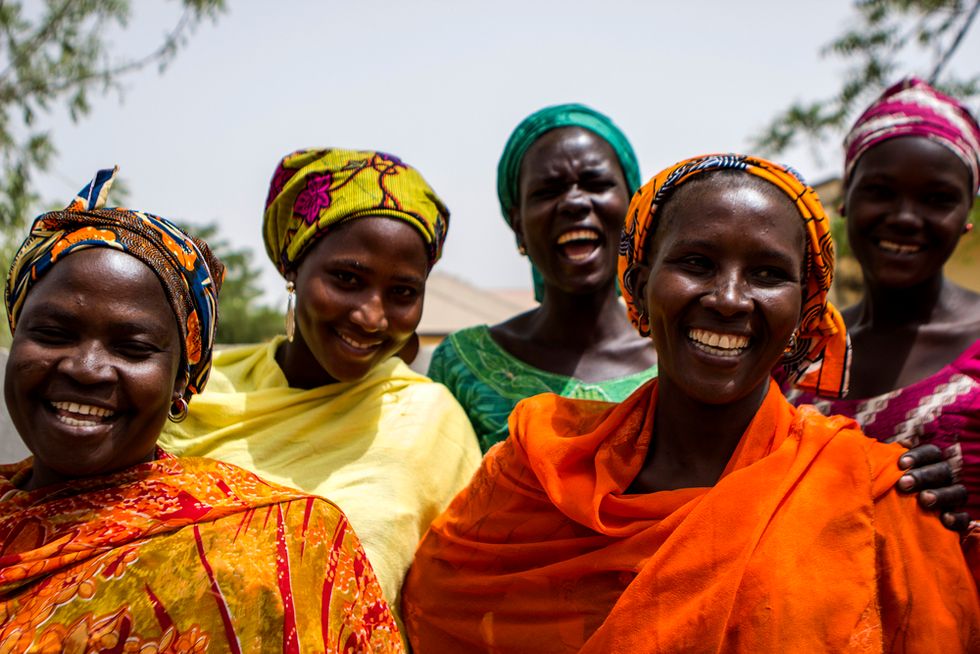Cell phones in Nigeria represent the social status of a specific person. A person knowing how to use the newest phone technology means one is middle class, educated, and urban. However, because in Nigeria, having/being able to afford a cell phone is such a difficult goal/aspiration for many… cell phones also represent the issue of social inequality all throughout Nigeria. An economic issue is also caused because of cell phones in Nigeria, with the translation here literally meaning, “the fire that consumes money.” The cultural meaning behind cell phones is also very profound in Nigeria… where cell phone credit is looked at more like money than an expensive meal. It is clear to me how socially important it is for a person living in Nigeria. But my question is… how socially important is a cell phone, and to what extent? What I mean by this is at what point does a person choose something else over a cell phone? For example, would a person sacrifice not eating for a few days in order to get a cell phone? Would a person rather have a cell phone than a roof over their head? It just got me wondering at what point Nigerians would be willing to trade things like basic needs for a higher social status. Cultural meaning has a huge effect on every aspect of a person’s life. When I read that in Nigeria cell phone credit is still more like money than an expensive meal it really opened my eyes. Because here, in the United States, it is nearly the quite opposite. A nice meal, or really any meal at all, for those who don’t have much, or even for those who do, is much more valued than the type of phone or phone credit someone may or may not have. So, when I first read this it was kind of hard for me to wrap my head around. But then I realized that it all connects back to cultural meaning, and really how much it can vary and change between societies. What is most important in one specific society or community, could be of little to no importance to another, and vice versa. Likewise, a status symbol in one country, can mean absolutely nothing concerning status in another country as well.
EntertainmentMar 12, 2017
Cell Phones, Sharing, and Social Status in an African Society
Cultural Meaning in Nigeria
1929





















